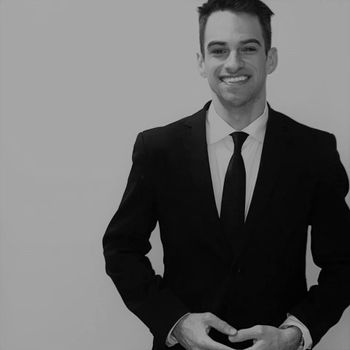Conservatives 'self-censor' three times as much as liberal counterparts, study finds
The report also found that conservatives are more concerned than liberals about how their viewpoints could impact their professors and their peers' opinions of them.
A new UNC report finds that conservative students self-censor three times as much as their liberal counterparts.
A new report from the University of North Carolina found conservative students self-censor their opinions three times as much as their liberal counterparts, while a similarly disproportionate number of conservative students are concerned about the social ramifications both in class with their professors and among their peers.
The report, titled, “Free expression and constructive dialogue at the University of North Carolina at Chapel Hill,” contained a number of key findings as they relate to conservativism on college campuses, the first being that 30.8 percent of students say college made them more liberal in their views, while half that percentage, or 15.9 percent, said college has made them more conservative.
According to the executive summary of the report, the authors’ intent was to” better understand students’ experiences with free speech and constructive dialogue at the University of North Carolina at Chapel Hill. The investigation,” it continued, “had two components.”
[RELATED: STUDY: Profs donate to Dems over Republicans by 95:1 ratio]
The first component entailed inviting all UNC undergraduate students to fill out a survey. The second was to conduct “in-depth focus group interviews” with members from student organizations with political missions. The authors published 12 principal findings from the report, and from those 12 findings produced four conclusions, the first one being that “the majority of their UNC professors do try to discuss both sides of political issues and encourage opinions from across the political spectrum.” The fourth conclusion was similarly promising in that it stated that “students across the political spectrum want more opportunities to engage with those who think differently.”
The second and third conclusions were much more troubling, however.
”The current campus does not consistently promote free expression and constructive dialogue across the political spectrum,” the second conclusion states. The third conclusion states that “although students across the political spectrum report facing challenges related to free
expression, these challenges seem to be more acute for students who identify as conservative.”
The report found that when it comes to students worrying about their professors’ opinions of them changing based on their viewpoints, four times as many conservatives (49.6 percent) as liberals (12.5 percent) said this was the case. Nearly three times as many conservatives as liberals (75.2 percent to 26.2 percent) said they worried about their viewpoints affecting their peers’ opinions of them.
”Most alarmingly,” the report states, “the proportion of self-identified conservatives who censored themselves at least once (67.9 percent) is almost three times as large as the proportion of self-identified liberals who did the same (24.1 percent).”
The report comes less than one month after another report found that college professors donate to Democrats over Republicans by 95:1 ratio.

